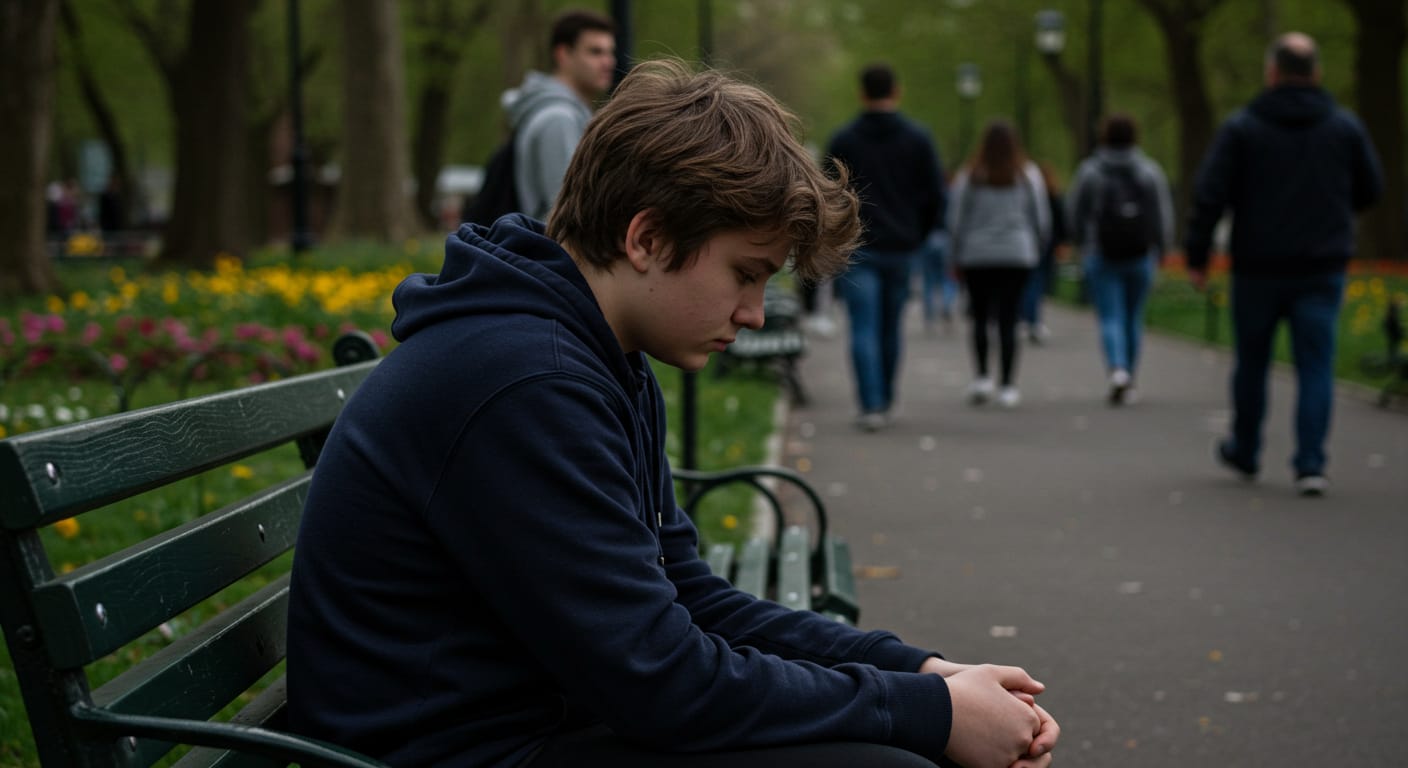Sadness Has No Gender
Depression and anxiety do not discriminate. They affect people of all ages, races, and genders. Yet one group often left in the shadows of this conversation is young men.
As Henry Wadsworth Longfellow once wrote:
“Every man has his secret sorrows which the world knows not; and oftentimes we call a man cold when he is only sad.”
It’s time we stop overlooking boys and start talking about their pain.
Is Depression in Young Men Being Taken Seriously?
Statistically, 1 in 7 young men aged 16 to 24 experience depression or anxiety each year.
Despite this, much of the focus remains on young women—who are indeed at higher risk in some cases. But the narrative that boys are always “fine” has to change. Because many are not.
The truth is, boys are struggling—but they’re not speaking out.
Why Boys Stay Silent
Boys grow up hearing things like:
-
“Toughen up.”
-
“Don’t cry.”
-
“Be a man.”
This pressure to be emotionally strong leads many young men to bury their emotions. Often, they don’t even realize they’re dealing with depression. And worse, those around them—parents, teachers, even peers—might discourage them from seeking help.
This emotional suppression becomes a heavy burden.
Pressure on All Sides
During adolescence, young men experience:
-
Hormonal changes
-
Pressure to perform academically
-
Expectations to plan for college, career, and relationships
-
Unspoken pressure to meet gender roles
They’re trying to figure out their place in the world—while carrying the weight of silence.
Breaking Stereotypes: Mental Health Is Not Weakness
Depression and anxiety are not a sign of weakness.
They’re not a failure of manhood.
They are medical conditions.
And just like any health issue, they deserve attention, care, and treatment—not shame.
What Depression in Young Men Might Look Like
Boys may not show their pain through tears or sadness. In fact, many display anger or recklessness instead. That’s why these signs can be overlooked or misread.
Here are some key signs of depression in young men:
-
Changes in appetite or weight
-
Insomnia or sleeping too much
-
Constant pessimism or fear (e.g., “I don’t matter” or “I shouldn’t be here”)
-
Unexplained aches and pains
-
Anger, irritability, or outbursts
-
Risky or reckless behavior
-
Withdrawal from family and friends
How to Help Without Pushing Away
If you notice some of these signs in a young man you care about, don’t rush in with judgment or demands. That can backfire.
Here’s how to approach it:
-
Be available. Let him know you’re there to talk, and that you’re not here to “fix” him—you just care.
-
Speak gently. Talk with him, not at him.
-
Ask, don’t assume. Ask how he’s feeling. Ask what he needs.
-
Avoid shame. Never call him weak or dramatic.
-
Offer options. Encourage him to speak to a counselor, teacher, or therapist.
Even if he’s not ready to talk right away, your presence and patience speak volumes.
The Way Forward: Action and Compassion
If he does open up, support him fully. Let him know it’s okay to ask for help, and remind him that he’s not alone. Help him research therapists. Go with him to the first appointment, if he wants. Let him see that needing help is normal—and strong.
Final Thoughts: Boys Hurt Too
Depression in young men is real. It’s dangerous to pretend otherwise.
But the good news? We can change the story.
We can build a new culture—one that gives young men permission to feel, space to speak, and strength to heal.
As always, the journey may not be easy, but we can walk it together.


